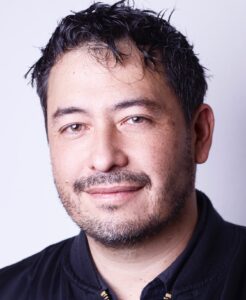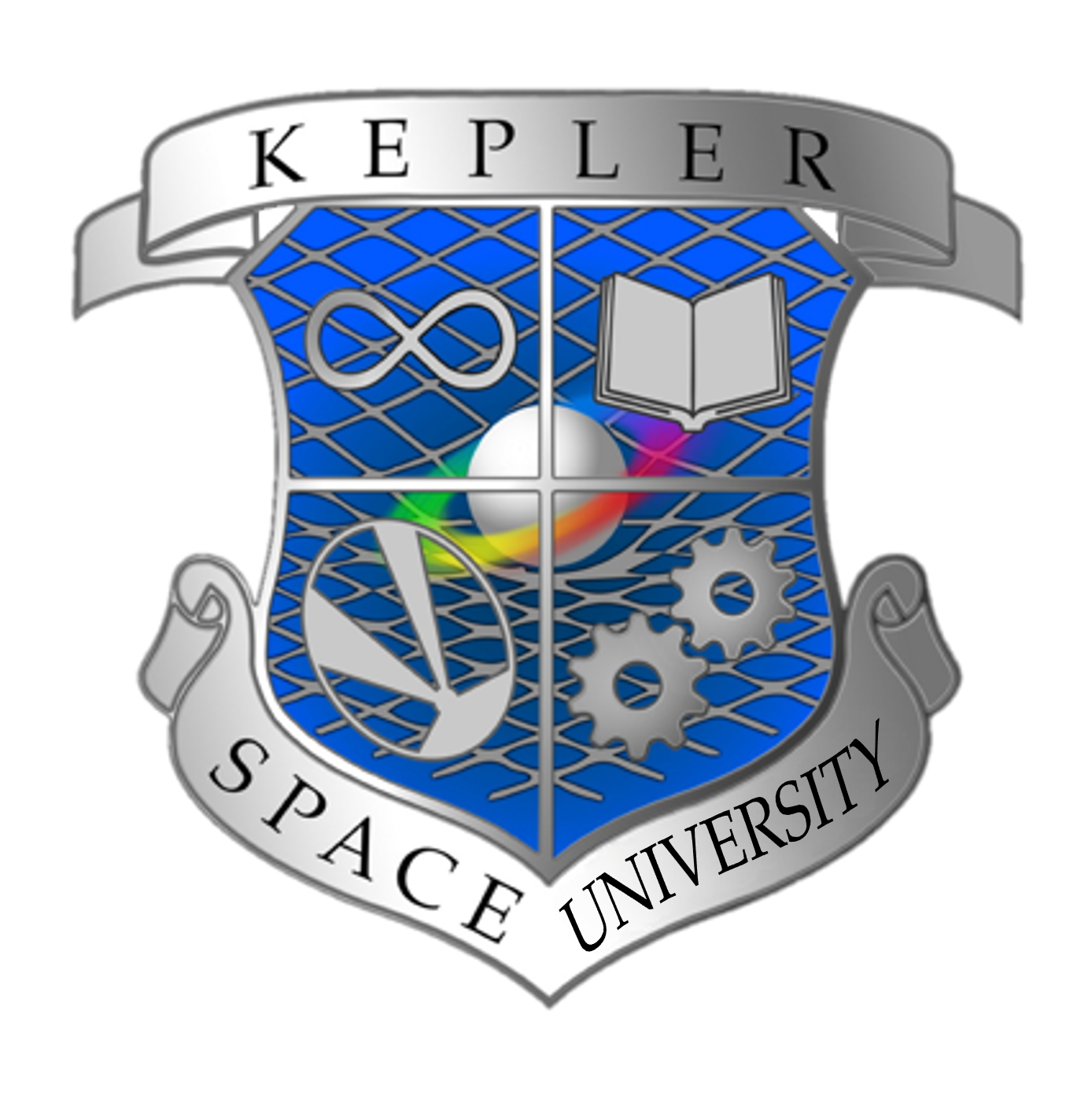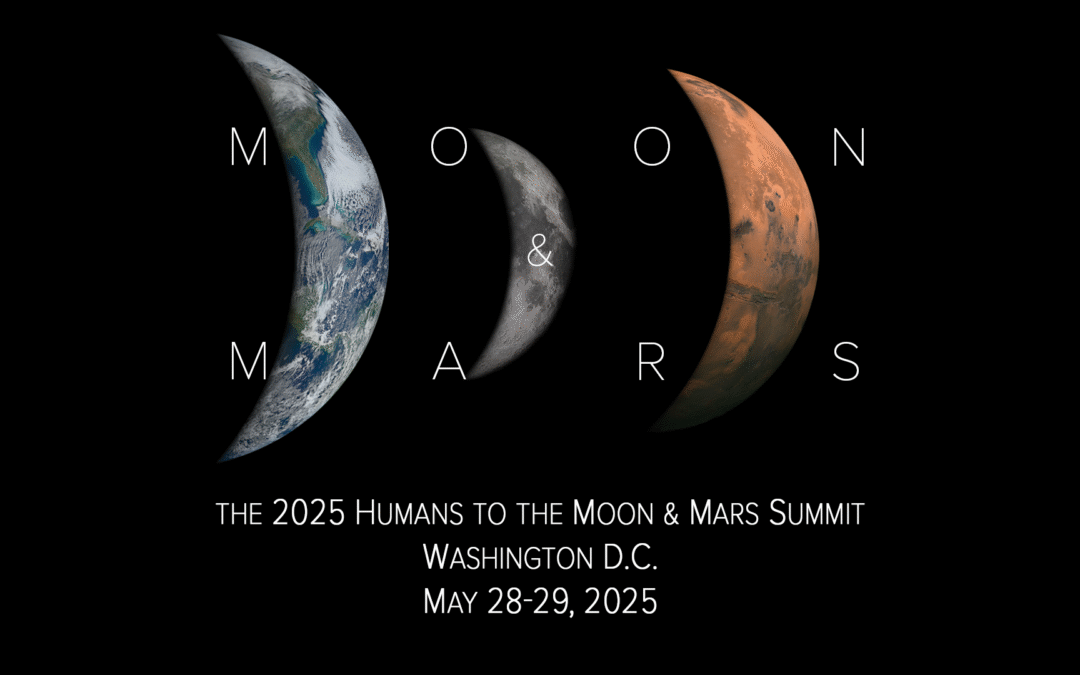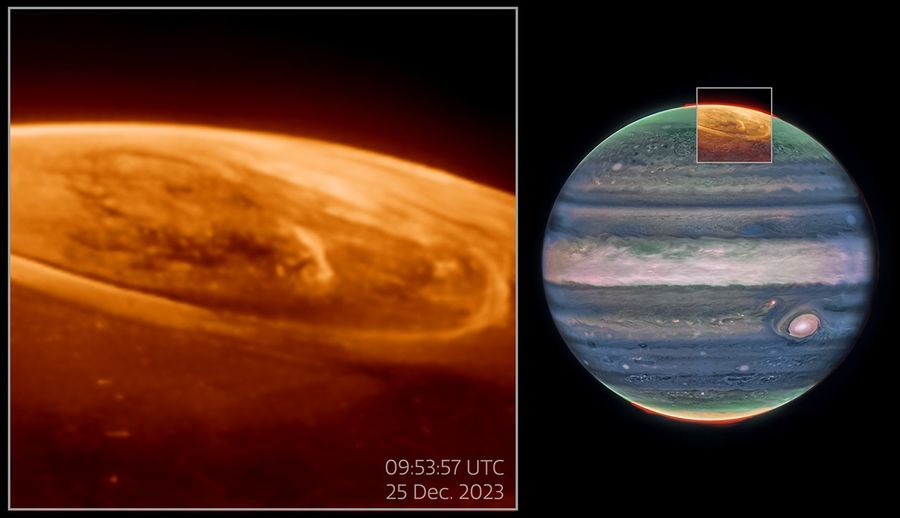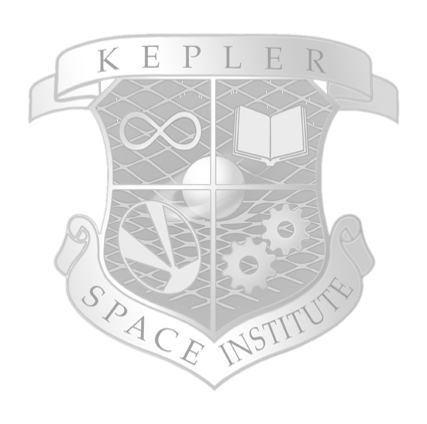November 2, 2023, Bradenton, FL – The Kepler Space University is delighted to announce that Dr. Pascal Lee will be honored with the 2023 Carl Sagan Prize for Science Popularization presented by Wonderfest.

Wonderfest, the 26-year-old Bay Area Beacon of Science, announced today that planetary scientist Dr. Pascal Lee has won the 2023 Carl Sagan Prize for Science Popularization.
Wonderfest’s Sagan Prize is presented specifically to recognize and encourage researchers who “have contributed wonderfully to the public understanding and appreciation of science.” Past Sagan Prize winners include UC Berkeley gene editor Jennifer Doudna, SETI Institute astronomer Jill Tarter, and Stanford Nobel Laureate Paul Berg. The prize includes a $5000 cash award.
“Wonderfest was born in 1997, just a few months after the death of researcher and popularizer Carl Sagan,” notes the organization’s founding executive director, Tucker Hiatt. “Wonderfest’s work has been dedicated to Sagan’s memory ever since. Sagan would be proud to know that Pascal Lee, renowned for both his research and his outreach, and who served as Sagan’s last teaching assistant at Cornell University, has received Wonderfest’s Sagan Prize for 2023.”
Wonderfest is a nonprofit corporation dedicated to informal science education and popularization, particularly among adults in the San Francisco Bay Area. Wonderfest produces in-person and online science events — and their online videos — in an effort to “enlarge the concept of scientific community.” Wonderfest also produces “Science Envoy” workshops to develop the science communication skills of PhD students in the Bay Area.
Pascal Lee is a planetary scientist at the SETI Institute, founder & chairman of the Mars Institute, professor of planetary science at the Kepler Space Institute, and director of the NASA Haughton-Mars Project at Ames Research Center. He is internationally recognized for his work on Martian water, Mars’s two moons, and the future of human space exploration. Dr. Lee explores “locally,” as well; he has led over 30 expeditions to the Arctic and Antarctic to study Mars by comparison with Earth.
Dr. Lee’s work to popularize science has many facets: he co-created the award-winning documen- tary Passage to Mars; he wrote Mission: Mars, a children’s book which won the Prize for Excellence from the American Association for the Advancement of Science; he has participated in hundreds of in-person science outreach events, including school assemblies, civic group meetings, and formal talks for popular organizations. The Commonwealth Club, TEDx, Young Intellects, and the Bay Area Skeptics are four such organizations that just hint at the diversity of Dr. Lee’s reach.
Boldly bucking expectations, one of Dr. Lee’s several Wonderfest presentations bore a SETI-skeptical title: N~1: Alone in the Milky Way. Pascal Lee is a scientist who thinks independently and explores bravely. He has dedicated his life to extraterrestrial research and to earthly scientific enlightenment.
More information about the Wonderfest Sagan Prize can be found here
https://wonderfest.org/sagan-prize/, and about Wonderfest’s award to Dr Lee here.
